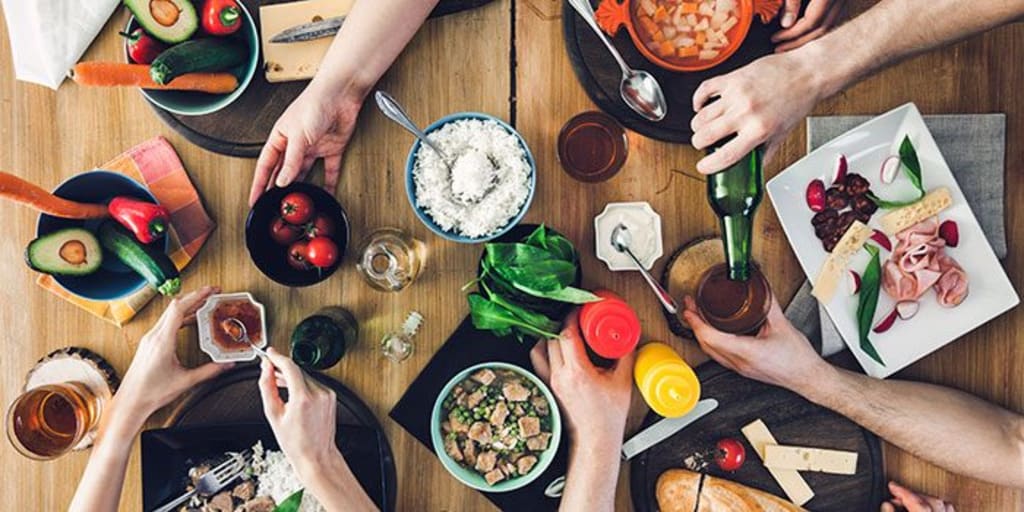
Food is an essential part of our lives, providing us with the necessary nutrients and energy to survive. However, our relationship with food goes beyond its physical nourishment.
Range of emotions
Our emotional state can significantly influence our eating habits. The emotional rollercoaster of eating is a complex phenomenon that explores the link between mood and food, and how our emotional state can affect our food choices, intake, and overall health.
The relationship between food and emotions is not new. Many of us turn to food to cope with stress, anxiety, or sadness. This is often referred to as emotional eating, which is the act of using food as a way to manage our emotions or relieve stress. Emotional eating can occur for a variety of reasons, including boredom, loneliness, or simply as a reward for a hard day's work. When we eat in response to our emotions, we often choose foods that are high in calories, sugar, or fat, which can lead to weight gain and poor health outcomes over time.
Emotional Support
One reason why we turn to food for emotional support is because of the mood-altering properties of certain foods. Some foods, such as chocolate, ice cream, or pizza, are often associated with positive emotions and can trigger the release of "feel-good" hormones in our brains, such as serotonin and dopamine. This can create a temporary sense of pleasure or comfort that can help us cope with our negative emotions. However, the long-term consequences of emotional eating can be detrimental to our health and well-being.
Furthermore, our mood can also influence the types of foods we choose to eat. When we're feeling sad or anxious, we may crave foods that are high in sugar or fat, such as chocolate or ice cream. On the other hand, when we're feeling happy or content, we may opt for healthier foods, such as fruits and vegetables. This can create a cycle of emotional eating, where our emotions dictate our food choices, which in turn affect our emotional state, leading to more emotional eating.
The emotional rollercoaster of eating can also have a significant impact on our mental health. When we eat in response to our emotions, we often feel guilty or ashamed afterward, which can lead to feelings of low self-esteem and depression. This can create a negative cycle of emotional eating, where we turn to food to cope with our negative emotions, but then feel worse afterward, leading to more emotional eating. Over time, this can lead to a range of mental health problems, including anxiety, depression, and eating disorders.
There are several strategies we can use to manage the emotional rollercoaster of eating. One effective approach is to practice mindful eating, which involves paying attention to our food choices and eating habits without judgment. This can help us become more aware of our emotional triggers and reduce the impulse to turn to food for emotional support. Mindful eating can also help us develop a healthier relationship with food, where we focus on nourishing our bodies rather than using food as a way to manage our emotions.
Another effective strategy is to develop healthy coping mechanisms for managing our emotions. This can include engaging in regular exercise, practicing meditation or yoga, or seeking support from friends or family members. By developing healthy ways to manage our emotions, we can reduce the impulse to turn to food for comfort or stress relief.
Finally, it's important to seek professional help if we're struggling with emotional eating or any other mental health issues. A qualified therapist or counselor can help us identify the root causes of our emotional eating and develop a personalized treatment plan to manage our emotions and improve our overall health and well-being.
In conclusion, the emotional rollercoaster of eating is a complex phenomenon that explores the link between mood and food.
About the Creator
Dhivya
I love to Write.. but sometimes i stuck to start or what to write.. I’d like to hear from you, feel free to comment below and give likes, Share my Post, and Subscribe..
Thank you..






Comments
There are no comments for this story
Be the first to respond and start the conversation.